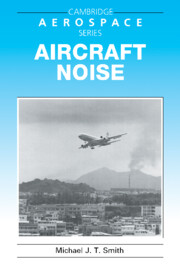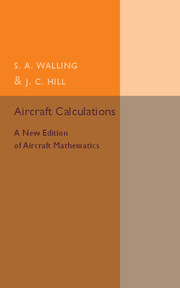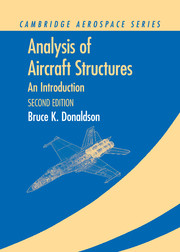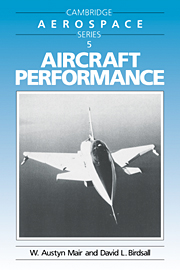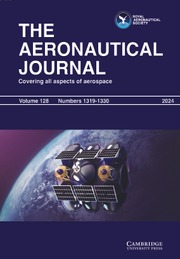Aircraft Noise
Aircraft Noise traces the origins of this problem to the introduction of the jet engine into the airline fleet in the late 1950s and describes the legal restrictions now placed on the industry. It explains the derivation of the special noise units and assessment scales now used around the world; noise exposure modeling and forecasting; the major sources of aircraft noise and their control; and noise measurement and prediction, including contours. Finally, it offers a forecast for the future and recommends changes to the established legal structures to aid control of the problem into the next century. In addition to reviewing the sociological aspects, Smith offers a broad understanding of the problem of aircraft noise and its control. The book should appeal to a variety of people including professional engineers, local and national government officers, the air transport business community, lawyers, students, community leaders and those who live near airports.
Product details
December 2004Paperback
9780521616997
376 pages
229 × 152 × 21 mm
0.575kg
Available
Table of Contents
- Preface
- Ackknowledgments
- 1. Human reaction to aircraft noise
- 2. Action against aircraft noise
- 3. Aircraft noise sources
- 4. Power-plant noise control
- 5. Concorde - a special case
- 6. Noise data acquisition and presentation
- 7. Aircraft noise prediction
- 8. Prospects for the future
- 9. Review
- Appendices:
- 1. Noise levels, scales and indices
- 2. Abbreviations and acronyms
- 3. Useful addresses: partial listing of organisations concerned with noise in aerospace-manufacturing nations
- 4. Calculation of effective perceived noise-level data from measured noise data: excerpts from ICAO Annex 16
- 5. Calculation of aircraft noise contours around airports
- 6. Typical aircraft noise levels
- References
- Index.

